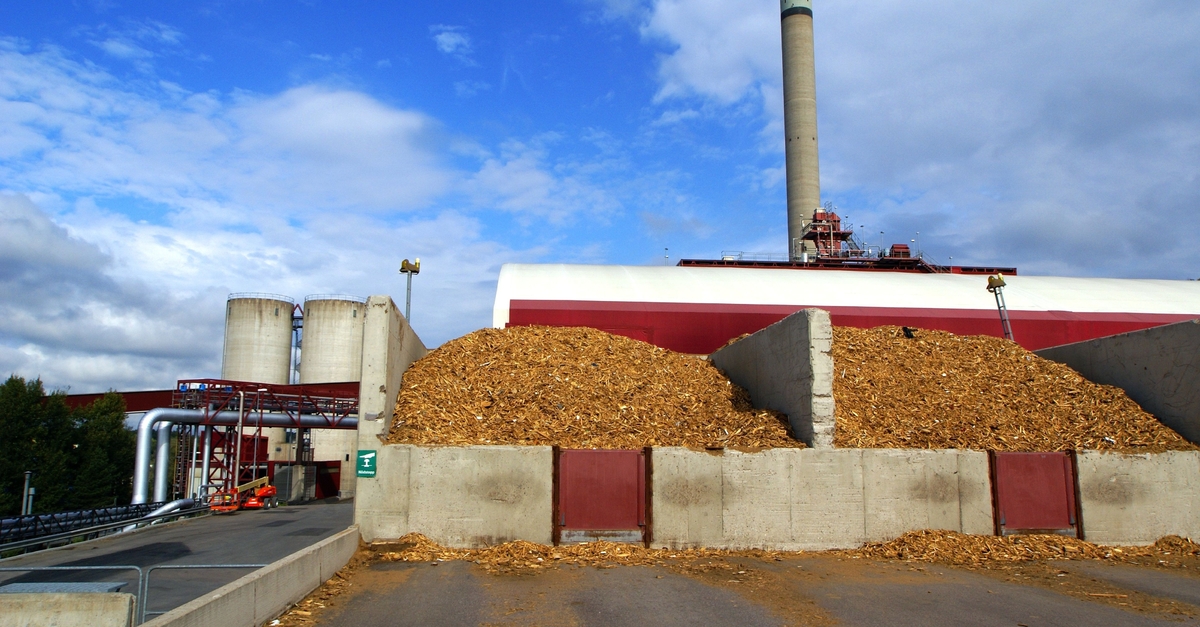Thanks to an intelligence-based control system and researchers at Idaho National Laboratory’s bioenergy program, the reliability of feedstock preprocessing equipment has increased more than 50 percent. Keep reading to learn more about this improvement!
The Basics of Preprocessing
Before their conversion into fuels and products, feedstocks have to go through various types of preprocessing so that they meet quality standards for conversion processes. Preprocessing can include things like densification, milling, or pelletizing so that the feedstock is ensured to be uniform and ready for conversion.
Factors like genetic variation, relative crop maturity, soil type, and more can cause a wide range of variability in biomass, which can cause major cost and performance risks for bioenergy systems.
How INL’s System Improves Efficiency
The researchers at INL developed their control system at the Biomass Feedstock National User Facility’s Process Development Unit. The system will incorporate biomass sensors, artificial intelligence, and process models to prompt automatic adjustment of PDU equipment to make up for biomass variability. This will allow biomass feedstocks to be processed more efficiently and reliably.
Because of the system’s highly tuned control, processing equipment can be adjusted in real time, reacting to sensors that can detect shifting biomass characteristics. When compared with human operators, the control system will implement major improvements in feedstock consistency and reliability.
Test Run
For the control system’s preliminary test, researchers decided to use a “human-in-the-loop” to manually adjust material feed rates. A “human-in-the-loop” is a term used to describe a process that is mostly run by machines, but isn’t fully automated and still requires input from a human being—in this particular case, the PDU.
By combining automatic sensing and a human who can make manual adjustments, the system maintained 97 percent reliability at 90 percent capability. This news could be potentially huge for biorefineries, which usually do not exceed 20 percent operating capacity during start-up.
Interested to learn more about biomass and our connection to it? Contact us today!


